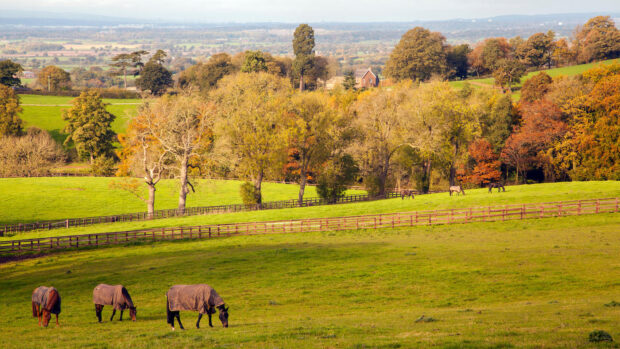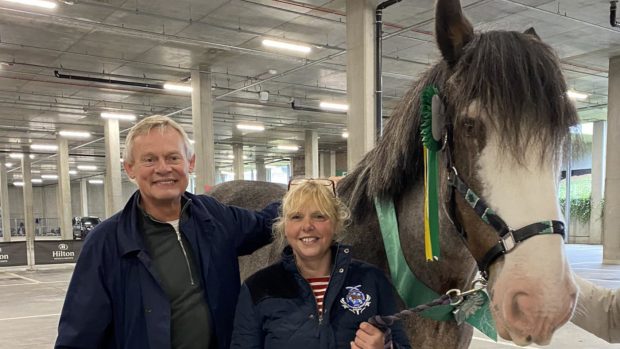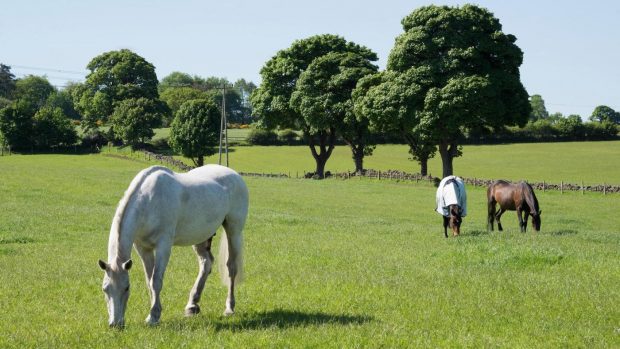An increase in the number of horses dying from grass sickness over the past two months has led to renewed calls for awareness of the disease to be raised.
Grass sickness is very rarely treatable and often fatal. Various theories abound but very little is known about the disease and what causes it.
In the past two weeks, four ponies have died in the same yard in Yorkshire and three horses have died in Sywell, a small village in Northamptonshire.
Jane Butt runs a livery yard and feed shop in Sywell. She lost one horse to grass sickness in March, two last week, and as H&H went to press on Monday, she and her husband John, a vet, were nursing a fourth, who was in a critical condition at home.
People know so little about grass sickness, said Mrs Butt. Its like a time bomb; you have no idea when the next one will fall ill.
In the same village, a Welsh section D called Morgan kept in a field bordering Mrs Butts land was put down last Saturday also suffering from grass sickness.
Vet Tim Greet FRCVS, a partner at Rossdale and Partners in Newmarket, has treated all five Sywell cases and admitted that Newmarket is a hot spot for grass sickness.
Weve known about this disease for a century and scientists have gone to their graves not finding an answer, he said. Its heartbreaking for the owner and very difficult for the vets because it is so hard to offer advice afterwards. If theres been an acute case, we advise taking other horses off the grazing.
The Equine Grass Sickness Fund (EGSF) in Edinburgh supports research into the disease. Secretary Joyce MacIntosh told H&H that at least 41 cases had been reported to her in the past eight weeks, and it was likely that many more had gone unreported.
We think about one horse in 200 dies annually from the disease, but its impossible to say how many deaths there are because its not notifiable, and many suspected cases arent confirmed as grass sickness by post-mortem, said Mrs McIntosh. There is also a stigma attached to grass sickness because it can ruin peoples businesses.
She added: I meet people all the time who have kept horses all their lives but have not come across the disease. We need to raise awareness and we need more funding for research.
There are a number of theories as to whether grass sickness is linked to types of soil, disturbances to the soil (digging of drainage and so on) or even the use of mechanical poo-pickers and extensive use of some wormers. But scientists have believed for some time that grass sickness is caused by toxins released from the bacteria Clostridium botulinum, which damages nerves throughout the horses body.
Mrs McIntosh told H&H: If we can show that Clostridium botulinum is the causal factor, it should lead to work on prevention, possibly in the form of a vaccine, but we need a lot more funding.
- To report a suspected case of grass sickness or to donate to the EGSF (tel: 0131 445 6257) visit www.grasssickness.org.uk



